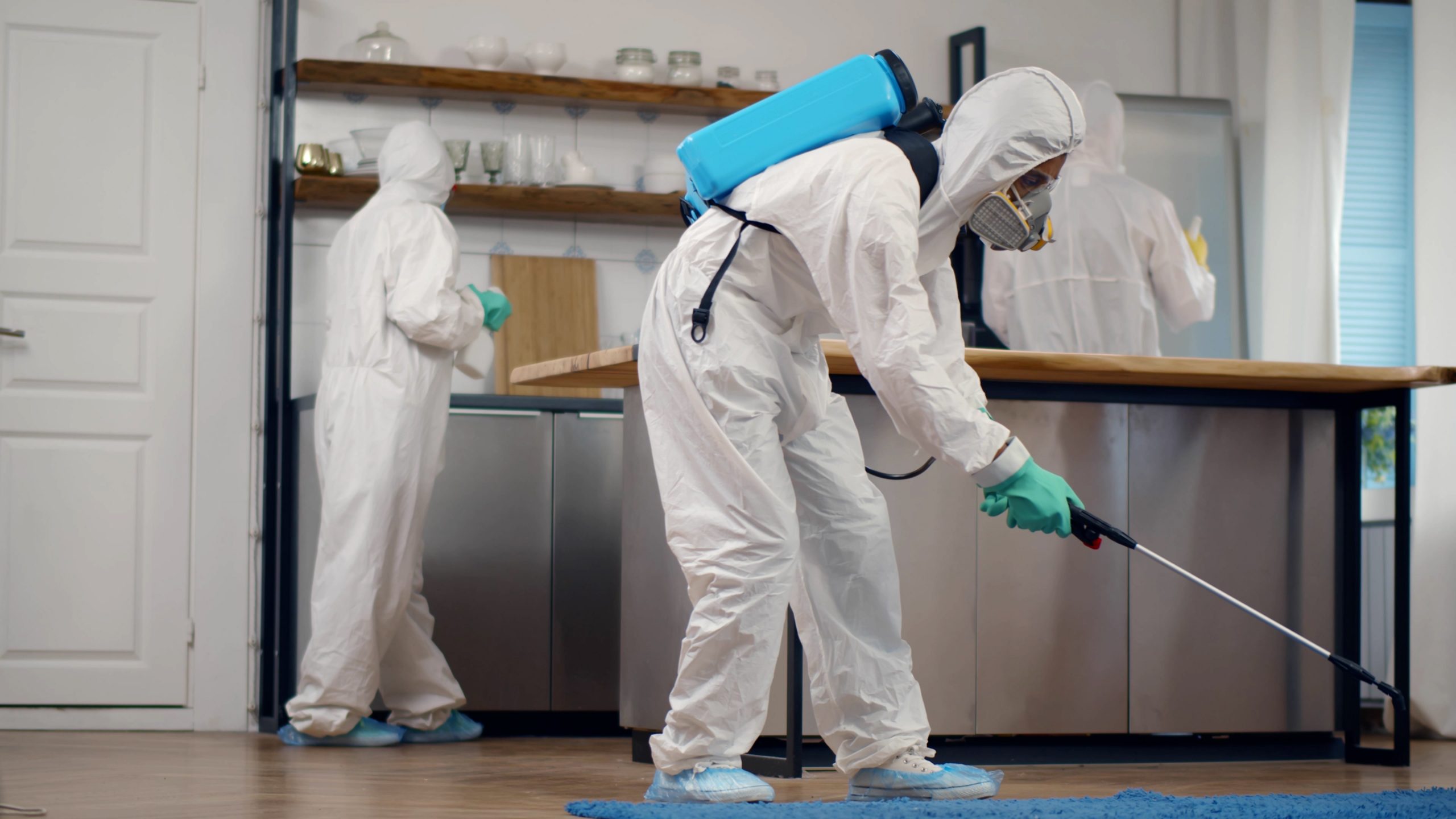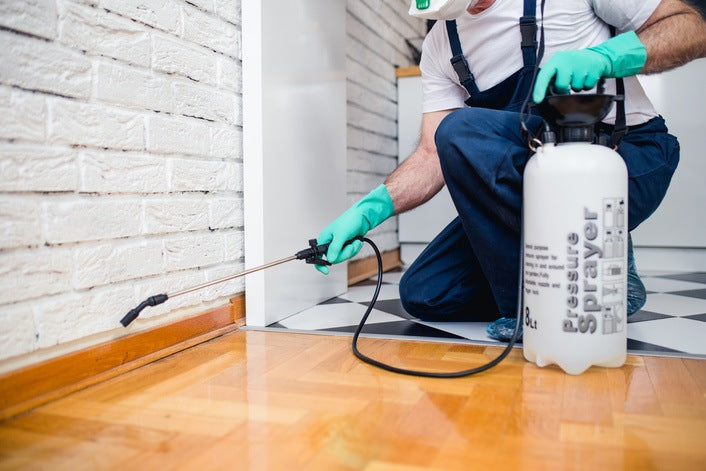Orem Pest Control Solutions: Tailored Solutions for each Invasion
Orem Pest Control Solutions: Tailored Solutions for each Invasion
Blog Article
Finding the Various Kinds Of Insect Control Techniques and Their Applications
Bug control is a crucial element of keeping a healthy and balanced and safe environment, whether it be in residential, commercial, or farming settings. Various strategies have been established and refined for many years to successfully alleviate and take care of pest invasions. From chemical methods that target certain parasites to biological strategies that harness all-natural predators, the world of bug control is substantial and diverse. Understanding the different sorts of pest control techniques and their applications is important for implementing the most sustainable and appropriate solutions. Allow's discover the ins and outs of these methods and just how they can be efficiently made use of to deal with pest-related challenges.
Chemical Insect Control Techniques
Chemical pest control techniques are widely used in farming and insect administration to successfully eradicate or control pest invasions. These methods involve making use of chemical materials, such as pesticides, herbicides, and insecticides, to remove or reduce bug populaces that position a risk to plants, animals, or human health. Pesticides, as an example, target specific insects like rats, insects, or weeds, disrupting their life cycles or causing direct harm upon get in touch with. Herbicides are specifically made to manage undesirable plant life that completes with plants for sources and nutrients. Pesticides, on the other hand, are used to combat insect bugs that can damage plants and transfer conditions.
While chemical parasite control methods can be extremely efficient in taking care of pest populations, they additionally increase problems about possible ecological and wellness risks. It is crucial to adhere to safety and security guidelines, utilize integrated pest administration strategies, and take into consideration different techniques to decrease the negative effects of chemical pest control strategies.
Organic Bug Control Techniques
 Biological parasite control approaches use living organisms to lower and manage pest populations in a lasting and ecologically pleasant way. One usual approach is the release of ladybugs to fight aphids in gardens, as ladybugs are all-natural predators of these damaging insects.
Biological parasite control approaches use living organisms to lower and manage pest populations in a lasting and ecologically pleasant way. One usual approach is the release of ladybugs to fight aphids in gardens, as ladybugs are all-natural predators of these damaging insects.
Biological parasite control methods use several benefits over chemical techniques. They are commonly safer for the environment, as they do not leave harmful deposits or contribute to air pollution. Furthermore, these methods are usually much more targeted, influencing just the bug varieties without hurting useful pests or other microorganisms. Organic control can be a lasting service, as the introduced microorganisms can develop lasting populations and give recurring insect administration. Generally, organic insect control approaches offer a effective and natural alternative to traditional chemical treatments, advertising a well balanced ecosystem and healthier settings.
Physical Parasite Control Approaches
Utilizing physical methods to regulate pests includes the use of non-chemical or mechanical methods to manage and alleviate parasite infestations effectively. One typical physical bug control approach is the installation of fences, screens, or internet to block pests from going into particular locations.
An additional physical method is using traps, such as snap traps for rats or pheromone catches for pests. These traps objective to capture insects without positioning any threat to people or the environment. In addition, physical control techniques can include strategies like handpicking bugs off plants, making use of vacuum cleaner devices to get rid of bugs, or utilizing heat therapies to get rid of bed insects and various other bugs in infested areas.
Integrated Bug Management Strategies
Applying an alternative approach to pest management, Integrated Insect Administration (IPM) methods intend to combine various reliable methods to protect against and regulate bug problems while minimizing ecological influence and guaranteeing sustainable insect control methods. IPM involves the assimilation of numerous control techniques such as biological control, cultural techniques, mechanical control, and the mindful use pesticides.

In addition, IPM highlights the importance of surveillance and examining pest populations to identify one of the most ideal control strategies. By executing IPM strategies, insect control initiatives become extra targeted and efficient, lowering the threats linked with too much pesticide usage and promoting lasting pest administration remedies.
All-natural and Organic Parasite Control Options

One preferred natural pest control technique is neem oil, originated from the seeds of the neem tree, which acts as a repellent and interrupts the growth and growth of pests. Diatomaceous planet, a natural silica-based powder, is another effective organic bug control choice that functions by drying out pests upon contact. By integrating all-natural and natural bug control choices into insect administration approaches, people can effectively control parasites while reducing injury to the environment and promoting sustainable techniques.
Conclusion
In conclusion, different parasite control methods such as chemical, organic, physical, incorporated bug monitoring, and all-natural choices are readily available for efficiently managing insect invasions. Each approach has its very own benefits and applications depending on the kind of bug and the environment. By understanding the various sorts of parasite control techniques and their applications, individuals can make educated decisions on the most suitable technique to manage parasites and shield their residential property.
Chemical pest control techniques are widely made use of in farming and bug monitoring to properly get rid of or regulate pest problems - Orem over here Pest Control. All-natural parasite control look at more info approaches include utilizing biological control agents, such as parasites or predators, to handle parasite populations. By integrating natural and natural pest control options into parasite monitoring techniques, people can properly control insects while lessening injury to the setting and promoting sustainable methods
In conclusion, various bug control strategies such as chemical, organic, physical, integrated pest management, and natural alternatives are readily available for effectively handling parasite problems. By understanding the different types of bug control methods and their applications, individuals can make educated decisions on the most proper method to manage pests and safeguard their building.
Report this page